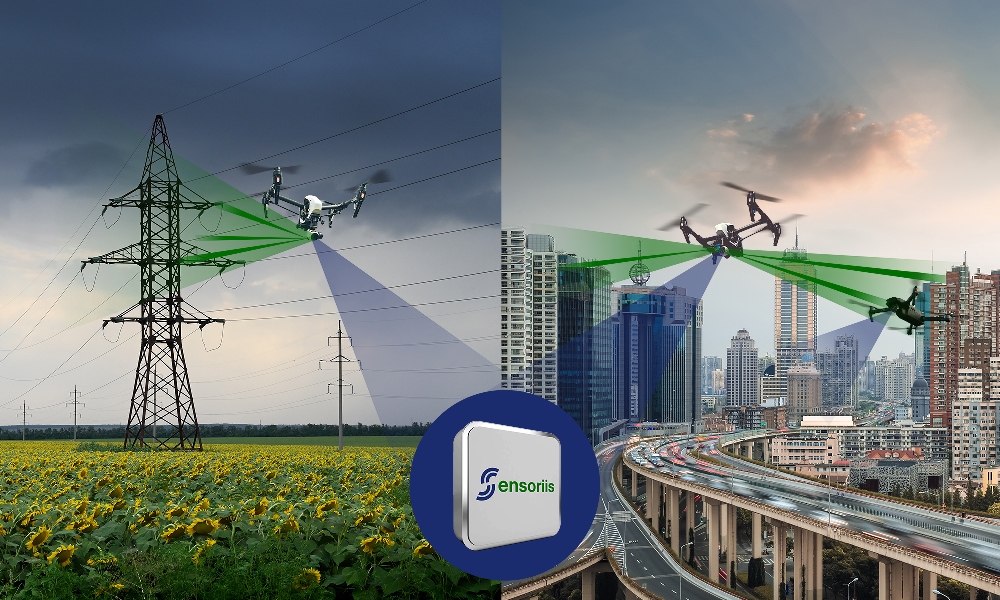Element commits to net zero following top ESG rating

Above:
Element London is the corporate headquarters of Element Materials Technology.
Courtesy Element
Element has achieved the best rating of any major TIC company globally, placing in the top 200 of the almost 15,000 companies rated for ESG risk by Sustainalytics. Element’s 10.5 corporate ESG rating reflects Sustainalytics’ assessment of the Group’s exposure to ESG issues, for which Element ranked low, and how well a business manages its relevant ESG issues, where Element achieved a very strong rating.
Element’s environmental commitments around emissions form a critical part of its longer-term ESG plans and commitment to positively respond to the climate emergency. Key climate commitments include:
• Committing to reduce absolute emissions in line with a 1.5℃ science-based target by 2026
• Achieving net zero emissions in direct operations by 2030
• Achieving net zero emissions across entire business by 2035
Jo Wetz, CEO at Element, said: “As a business with purpose at its heart, we’re proud of our strong ESG framework that has been in place for years, which supported our achievement of this rating and our leadership on this critical issue.”
“By signing up to comprehensive net zero commitments across our entire operations we are raising the bar in the TIC industry. It is very clear that businesses will need to step up and set aggressive targets that get to net zero emissions before 2050, and we hope to see others in the TIC industry follow our lead.”
Earlier this month Element appointed Lee Andrews as Group Director, Corporate Affairs and ESG. Lee will ensure that Element continues to accelerate its work across the entire range of ESG initiatives.
Element’s current carbon baseline, determined by 2019 figures, is 103 KTCO2e, equivalent to 15.1 TCO2e/ FTE and 0.13 TCO2e per $ revenue. The emissions commitments are supported by existing initiatives such as migrating 100% of Element's global electricity usage to renewable energy contracts; installing solar panels in facilities across the organization; and electric vehicle fleet trials.
Reducing absolute emissions in line with a 1.5C science-based target by 2026 will mean >30% reduction in Scope 1 and 2 emissions and >15% reduction in Scope 3 emissions (relative to the 2019 baseline). Achieving net zero emissions in direct operations by 2030 will cover all Scope 1 & 2 emissions; achieving net zero emissions across the entire business by 2035 will cover all Scope 1, 2 and 3 emissions.












